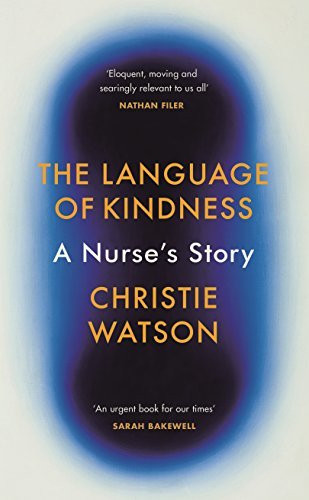What do you think?
Rate this book


322 pages, Hardcover
First published May 3, 2018
“I wanted to live many lives, to experience different ways of living. I didn’t know then that I would find exactly what I searched for: that both nursing and writing are about stepping into other shoes all the time.”
“What I thought nursing involved when I started: chemistry, biology, physics, pharmacology and anatomy. And what I now know to be the truth of nursing: philosophy, psychology, art, ethics and politics.”
“You get used to all sorts of smells, as a nurse. [An amazingly graphic passage!] But for all that I’ve seen and touched and smelled, and as difficult as it is at the time, there is a patient at the centre of it, afraid and embarrassed. … The horror of our bodies – our humanity, our flesh and blood – is something nurses must bear, lest the patient think too deeply, remember the lack of dignity that makes us all vulnerable. It is our vulnerability that unites us. Promoting dignity in the face of illness is one of the best gifts a nurse can give.”
I learn then that nursing is not so much about tasks, but about how in every detail a nurse can provide comfort to a patient and a family. It is a privilege to witness people at the frailest, most significant and most extreme moments of life, and to have the capacity to love complete strangers.
Compassion fatigue is common when caring for people who have suffered trauma. The nurse repeatedly swallows a fragment of the trauma—like a nurse who is looking after an infectious patient, putting herself at risk of infection. Caring for negative emotions puts her at risk of feeling them, too. And taking in even a small part of tragedy and grief, and loneliness and sadness, on a daily basis over a career is dangerous and it is exhausting.
There are arguments against [interpretation] from non-experts; a suspicion, on the part of the nurses and doctors, that the words are being softened and not translated precisely, but it’s quicker than finding a[n interpreter].